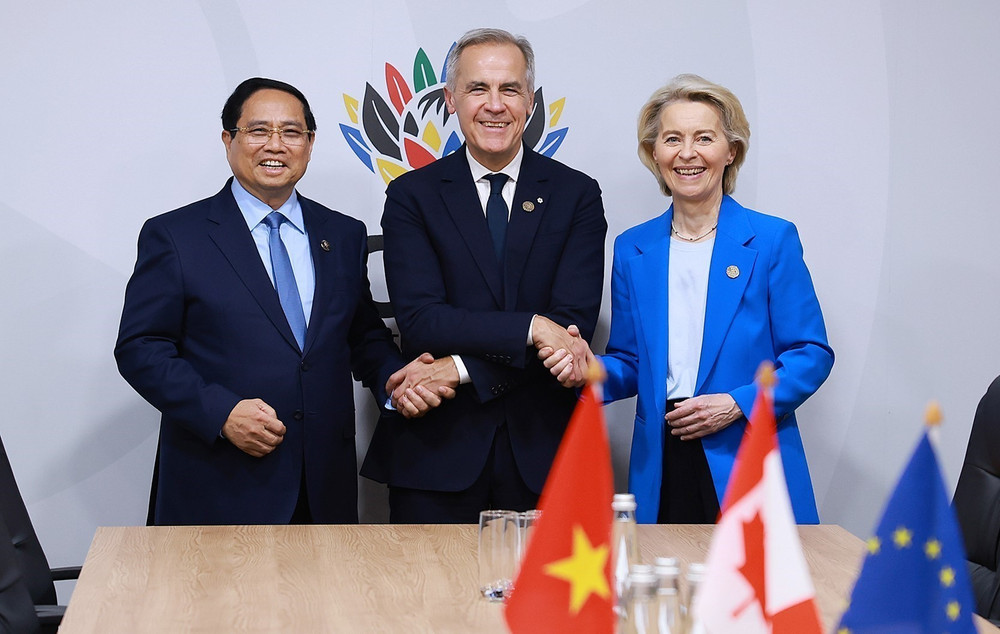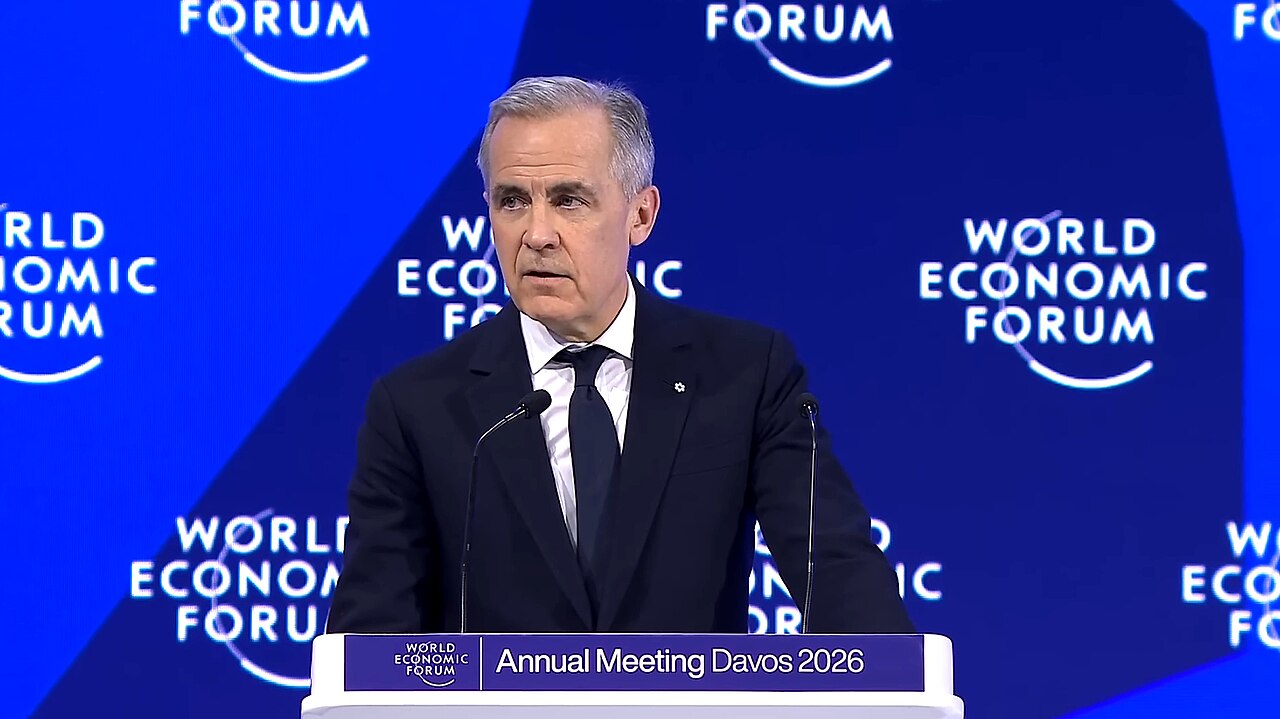Image source: Global News
Let’s stop pretending.
Canada talks a big game about values, diplomacy, and multilateralism, but when it comes to global influence, we’re missing in action. While other nations are building strategic soft power machines that are shaping the world, Canada still treats its international reputation like a passive inheritance; something to be admired, not activated.
Meanwhile, the U.K. has a Soft Power Council that unites heavyweights from culture, education, diplomacy, and business to coordinate how Britain can influence the world. France devotes entire arms of government to la Francophonie and cultural diplomacy. South Korea has turned K-pop and K-drama into geopolitical tools. And here in Canada? We’re still relying on maple syrup, peacekeeping nostalgia, and the occasional Drake shout-out.
This isn’t just embarrassing. It’s downright dangerous.
In today’s world—one defined by narrative warfare, digital disinformation, and cultural influence soft power isn’t a “nice to have.” It’s national security. It’s economic growth. It’s global leverage. And Canada is sleepwalking through this century with no plan, no coordination, and no serious investment in how the world sees and listens to us.
It’s time to wake up.
Harnessing the breadth of Canadian influence
We’ve seen inspiring glimpses of what Canada can achieve. Mike Myers’ recent appearance on Saturday Night Live wearing a “Canada is not for sale” t-shirt and his appearance in Liberal campaign videos illustrate the power cultural icons have to send a message. The political campaign videos are smart and engaging. This is exactly the kind of cultural play that is needed as part of our foreign policy soft power strategy.
Canada’s potential extends far beyond familiar faces. Internationally acclaimed TV shows like Schitt’s Creek and Kim’s Convenience have shown Canada can punch above its weight and helped redefine perceptions of ‘Canadian identity’ abroad. Our creative talent is second to none and we have powerful Indigenous storytelling, art and culture, which have yet to be fully integrated into a national soft power strategy.
In today’s digital age, media (be it social media, online or streaming platforms) is a key battleground for global narratives. Countries are leveraging digital diplomacy to shape perceptions and drive economic outcomes. Canada has to develop a coherent digital strategy that amplifies our voice and reaches audiences in real time.
Canada needs a national soft power council, now
We need a standing body of artists, diplomats, Indigenous leaders, tech innovators, business icons, academics, cultural architects, and media strategists (to name a few), working alongside the government to build a coherent strategy for Canada’s global voice.
We don’t need more virtue signalling or yet another committee to study the issue. We need a real council with real power backed by a real strategy and political will to shape our global influence. And we need it now.
This council could:
- End the chaos: Today, Global Affairs, Heritage Canada, universities, the private sector, and Indigenous groups are all pushing Canada abroad, but often in different directions. The council could unite these efforts under one national vision, one strategy, and one voice.
- Weaponize our strengths: Canada boasts unique assets—from Indigenous perspectives to highly educated people from around the world to cutting-edge AI to award-winning cultural exports. This isn’t about being modest; it’s about using our ideas to lead on the global stage.
- Turn influence into economic and diplomatic power: Nations with robust soft power strategies attract more trade, tourism, international students, and global partnerships. Economic strength follows influence, and right now, Canada is leaving money, and power, on the table.
- Drive digital diplomacy: Incorporating a robust digital strategy will help us counter disinformation and craft our narrative, engaging audiences worldwide in real-time.
Changing the conversation
Countries that actively manage their soft power reap tangible economic benefits—from increased foreign investment to favourable perceptions to better trade deals. Canada’s wealth in critical minerals, energy, and agriculture gives us a solid foundation, but it’s just a start because natural resources are finite and the world is evolving. Without a strategic framework to amplify these strengths, we risk being sidelined by nations that are actively shaping global narratives and not just relying on the fruit of the earth.
Soft power or die
The upcoming election isn’t just about who leads Canada—it’s about defining our role in a rapidly changing global order. If we don’t take control of our narrative, others will define it for us. China, Russia, and other major players are already using soft power to their advantage.
So let’s get our elbows up.
Let’s face it, the age of soft power is here and has been for a while. Either Canada builds the architecture to compete or we’ll be left in the cold as the world evolves. This isn’t about branding Canada with a new slogan or dropping millions on another “cool Canada” ad campaign. It’s about acting like a serious country with something to say, and the will to say it loudly and clearly.
It’s time for Canada to build the architecture of influence and the first step is a national soft power council that unites our cultural, digital, economic, and diplomatic strengths under one cohesive strategy. If we don’t do this, we risk being quietly sidelined in a history we never got around to shaping.





